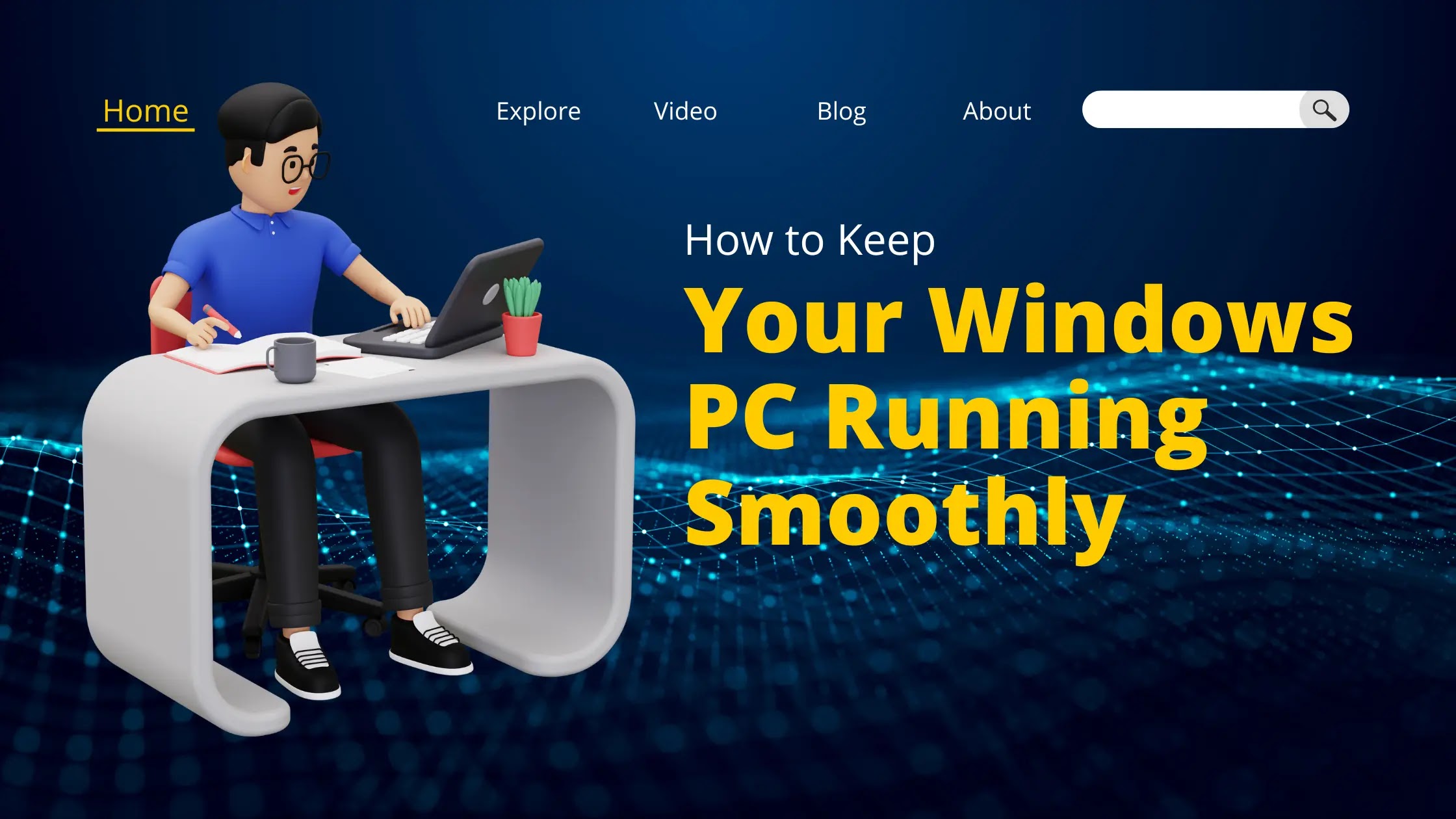In today's fast-paced world, our computers have become an integral part of our lives. Whether you use it for work, entertainment, or just for everyday tasks, it's important to keep your Windows PC running smoothly. In this article, we will provide you with detailed tips and tricks to help you maintain the health and performance of your Windows PC.
One of the ways to ensure that your Windows PC stays in good health is to use the right software. With so many free software options available, it can be overwhelming to choose the right ones. That's why we've compiled a list of 10 must-have free software for Windows users. Check out our comprehensive guide at MicroTech Updates for the latest recommendations.

How to Keep Your Windows PC Running Smoothly
Table of Contents
Understanding Your System
Before we dive into the tips and tricks, it's important to understand the basics of your Windows PC. Your computer consists of various hardware and software components that work together to provide you with the best possible performance.
Hardware Components
The hardware components of your Windows PC include the central processing unit (CPU), memory (RAM), storage (hard drive or solid-state drive), graphics card, motherboard, power supply, and other peripheral devices such as your mouse, keyboard, and monitor.
Software Components
The software components of your Windows PC include the operating system (Windows), drivers, applications, and services. The operating system controls the overall functionality of your computer and is responsible for managing and coordinating the activities of the other software components.
Tips and Tricks for Maintaining the Health and Performance of Your Windows PC
Now that you understand the basics of your Windows PC, it's time to dive into the tips and tricks for maintaining its health and performance.
Regular Maintenance
One of the most important things you can do to keep your Windows PC running smoothly is to perform regular maintenance. This includes regularly checking for and installing software updates, cleaning your computer's hard drive, and running a virus scan.
Uninstall Unused Programs
Another important step in maintaining the health and performance of your Windows PC is to regularly uninstall programs that you no longer use. This will free up valuable space on your hard drive and can also improve your computer's overall performance.
Disable Startup Programs
When you start your Windows PC, it loads a number of programs that run in the background. While these programs may be useful, they can also slow down your computer and consume valuable resources. To improve the performance of your Windows PC, consider disabling some of these startup programs.
Clean Up Your Hard Drive
Over time, your hard drive can become cluttered with unnecessary files, such as temporary files, duplicate files, and old backups. This can slow down your computer and reduce its performance. To keep your Windows PC running smoothly, regularly clean up your hard drive by deleting unnecessary files and organizing your files and folders.
Upgrade Your Hardware
If you've been using your Windows PC for a while and it's not performing as well as it used to, it may be time to upgrade your hardware. This could include adding more memory (RAM), upgrading your hard drive to a solid-state drive, or installing a new graphics card.
Conclusion
Maintaining the health and performance of your Windows PC requires regular attention and care. By following the tips and tricks outlined in this article, you can help ensure that your Windows PC continues to run smoothly for years to come. Whether you're using your computer for work, entertainment, or just for everyday tasks, taking the time to keep it running smoothly is well worth the effort.

إرسال تعليق